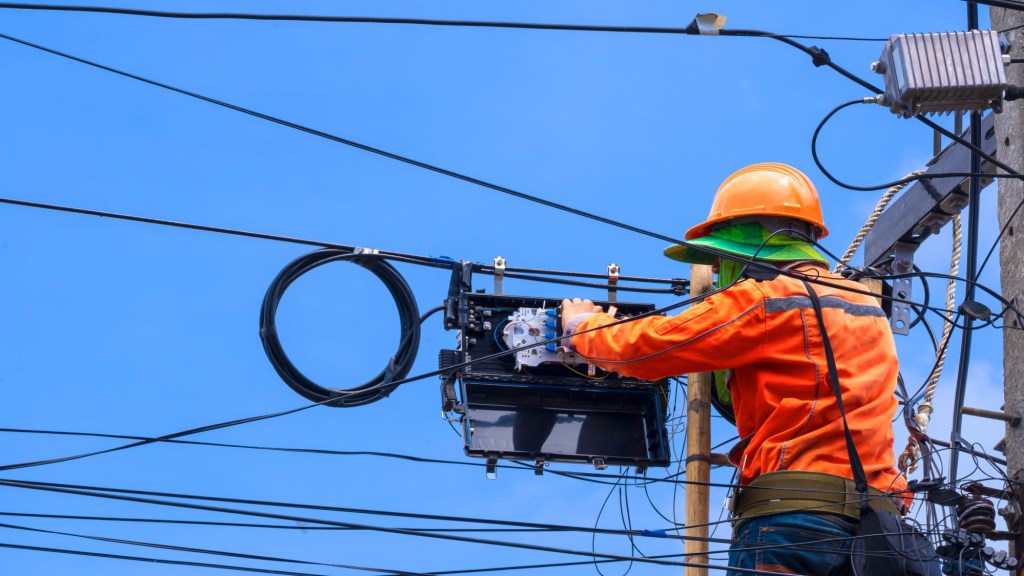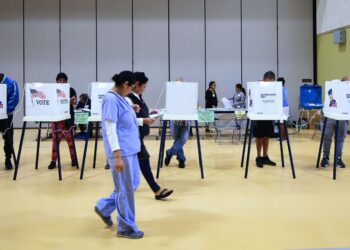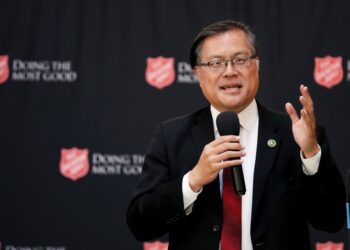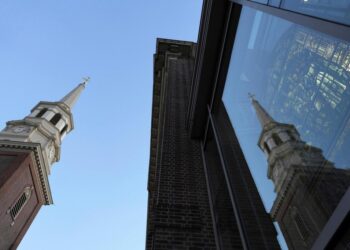LOS ANGELES — The Los Angeles City Council approved a motion Wednesday seeking to address inequitable access to the internet for historically disadvantaged groups, including people of color, immigrants, seniors and those who are poor.
The City Council voted 13-0 to forward Councilman Marqueece Harris-Dawson’s motion, which seeks to update city law to broaden investigations of complaints against discrimination to include digital discrimination.
Councilwomen Katy Yaroslavsky and Heather Hutt were absent during the vote.
The motion instructed the Civil, Human Rights and Equity Department to develop a public information program to educate residents about digital discrimination claims, and create a procedure to forward complaints to the Federal Communications Commission for consideration.
For example, customers in low-income neighborhoods might receive slower or worse service, while at the same time an internet provider offers fast, reliable service to higher-income neighborhoods.
The department will be tasked with tracking digital discrimination complaints and using the data as means to identify potential trends. The Bureau of Street Lighting will also report back with recommendations to address challenges and ensure equitable broadband access for city residents.
The California Public Utilities Commission’s Public Advocate’s Office defines digital red-lining as “Practices in which private or public entities limit investments in the installation, expansion or upgrading of internet service infrastructure within specific geographic areas.”
The council’s Civil Rights, Equity, Aging and Disability Committee approved the motion during its meeting on Dec. 12.
About 10 people showed up to back the motion at that meeting, stressing that the coronavirus pandemic brought to light the severity of a digital divide.
Evelyn Jimenez, an education advocate for Para Los Niños, an organization serving families and children across Los Angeles County, told…
Read the full article here







